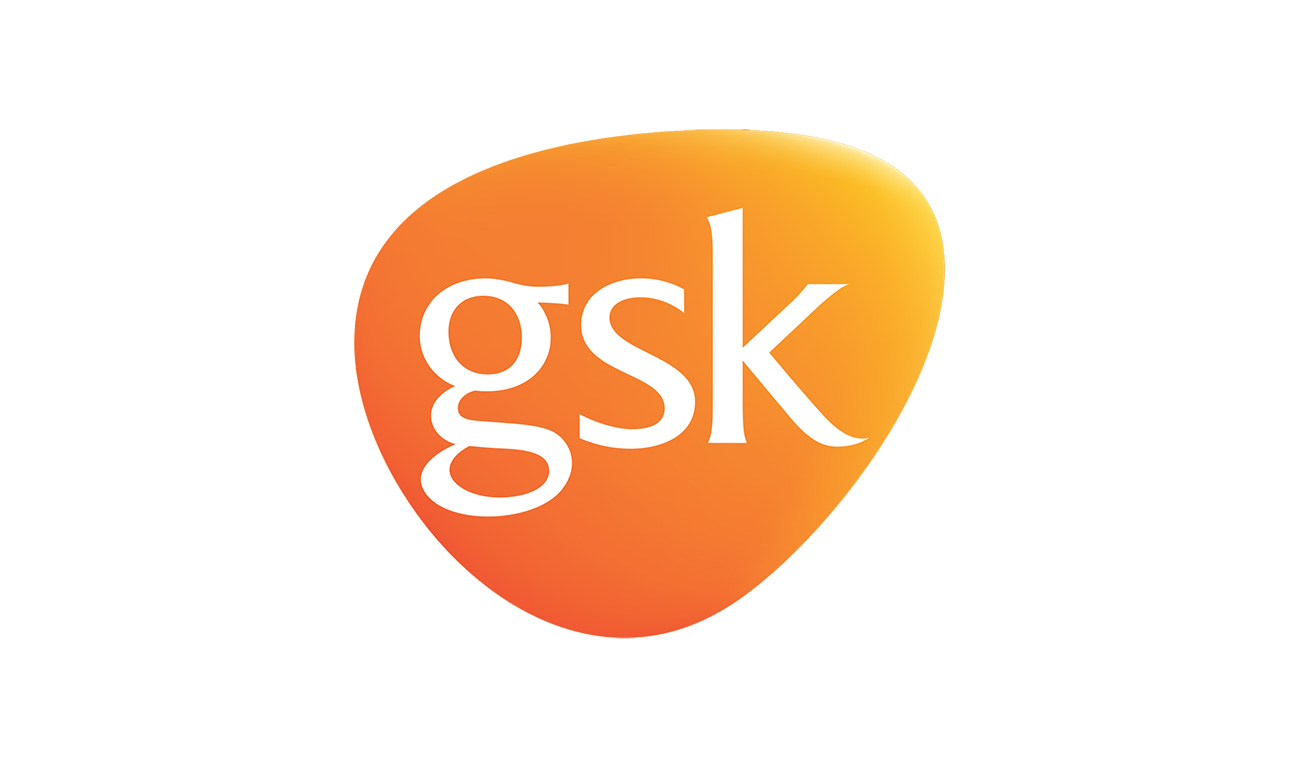Answering the Call to Combat Ebola

With no known cure yet and continuing to spread, Ebola has now been diagnosed in the first patient in the US. Making the situation more dire: the most severely affected countries in west Africa are not equipped to handle the enormity of this health crisis, fueling the spread of the outbreak. These countries include Guinea, Sierra Leone and Liberia.
GSK has a long-standing history of investing in research to help combat diseases in developing and countries and has acted swiftly through humanitarian efforts to control the disease and in the development of a vaccine to prevent Ebola.
Helping the Frontline
Today, GSK pledged to donate nearly $500,000 to Save the Children for use in Sierra Leone, Guinea and Liberia to enable the organization to scale up its work, supporting those affected in these struggling countries. This new funding will help train, support, and build capacity of over 2,300 healthcare workers over the next seven months, including education on prevention, diagnosis and containment of Ebola, as well as personal protective equipment to help workers on the frontline.
This new commitment builds on our broader humanitarian response. For example, Save the Children and GSK have worked together for eight years on a number of public health projects, including GSK’s initiative to reinvest 20% of the profits it makes in least-developed-countries into community programs to strengthen healthcare infrastructure, primarily through the training of frontline health workers.
And our skills-based volunteering initiative, PULSE Volunteer Partnership, matches employees with non-profit organizations for three or six months full-time, contributing their skills to solve healthcare challenges at home and abroad. We’ve got employees helping—in unexpected places. Peter Albert is from Nigeria on assignment with Direct Relief in California, where he is helping streamline operations to ship supplies during the Ebola crisis. You can learn more about his story here.
Racing for a Vaccine
The World Health Organization (WHO) reports that this outbreak is the largest and most complicated Ebola outbreak since its discovery in the 1970’s – with more cases and death in this single outbreak than all others combined. The world urgently needs to contain this virus and prevent it from happening again.
GSK is working with the National Institutes of Health’s Vaccine Research Center to accelerate the development of an early stage vaccine candidate for Ebola. The potential vaccine has shown promising results in pre-clinical (non-human) studies and is now being tested in Phase1 clinical trials in the US and UK. Further Phase1 trials are expected to start in west Africa in the coming weeks. These will study the safety of the vaccine and if it generates a good immune response in humans.
In parallel, funding from the international consortium behind the UK trials, including Wellcome Trust, the Medical Research Council and the UK government, will enable GSK to begin manufacturing up to 10,000 additional doses so that, if Phase 1 trials are successful, we can make doses available for Phase 2, which will likely include those at high-risk of Ebola, such as healthcare workers in Africa.

